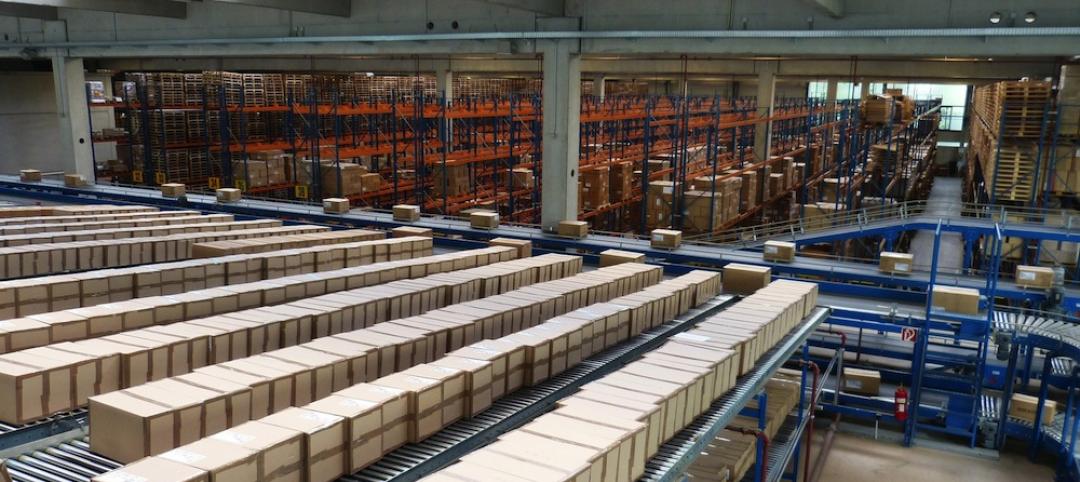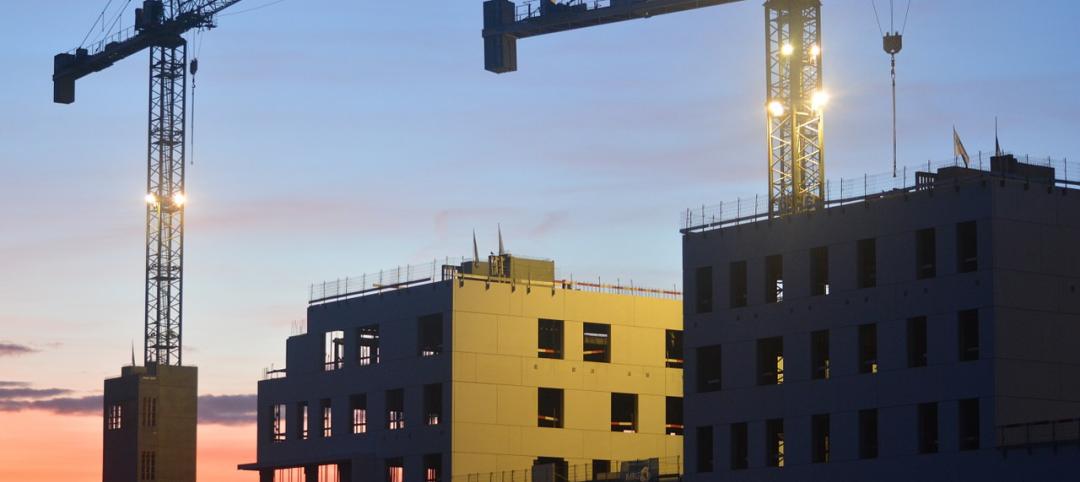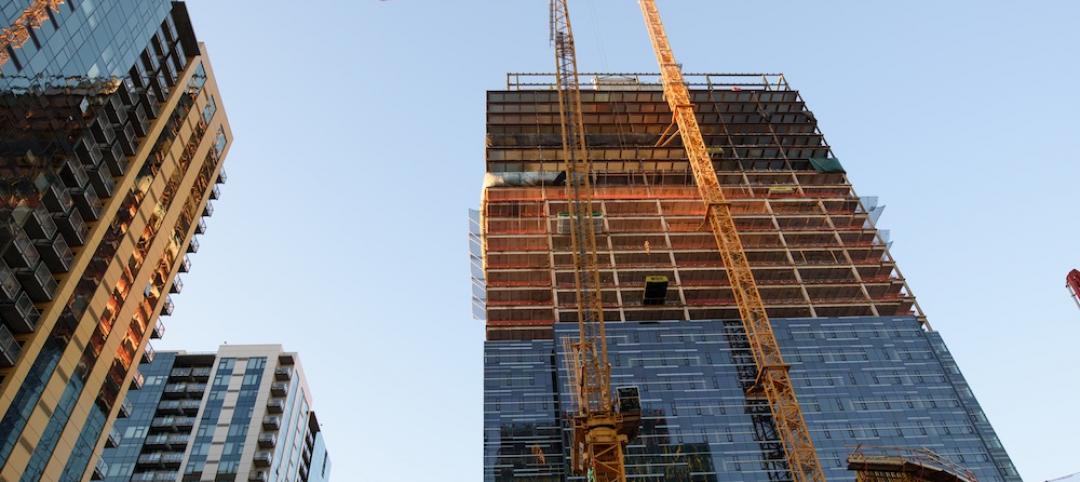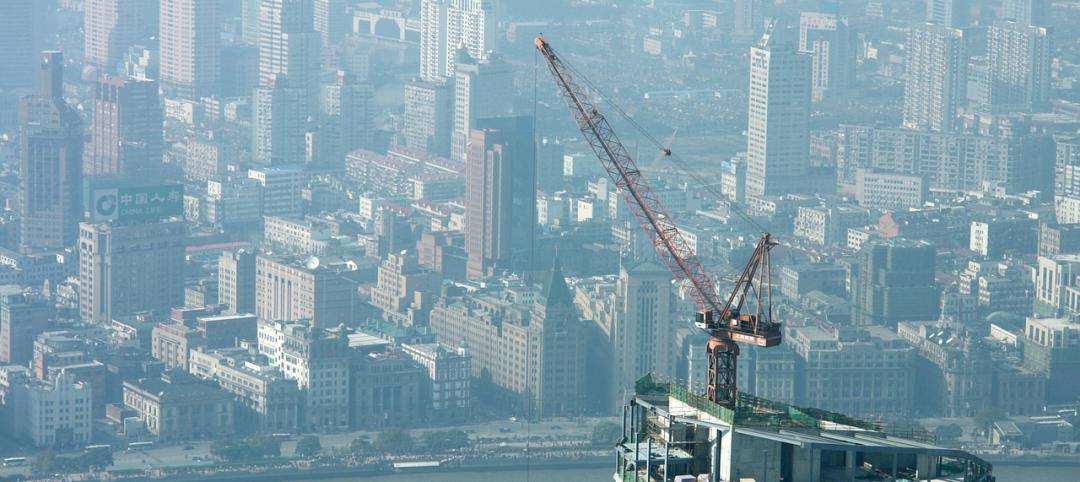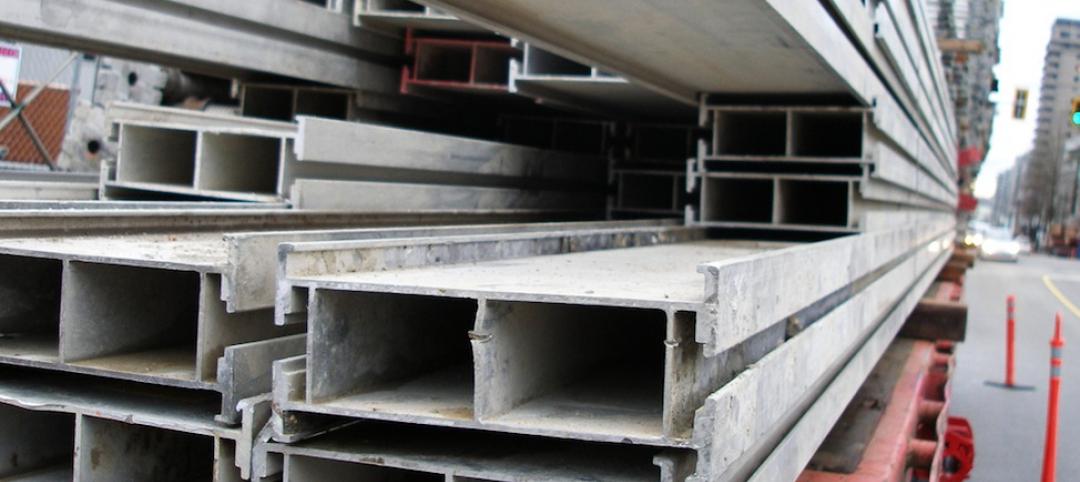In a recent White Paper prepared by GlobalData for INTERMAT ASEAN 2018 and Concrete Asia 2018, the region’s trade shows for construction, infrastructure, and concrete sectors, it was revealed that construction output in the member states of the Association of South-East Asian Nations (ASEAN) would expand by over 6% yearly on average during 2018–2022.
Danny Richards, GlobalData’s Lead Economist for Construction Industry says:
“The South-East Asia region continues to develop at a rapid pace, with economic growth projected to reach an annual average rate of 5.1% during 2018–2022, the fastest among all global regions, and an acceleration from the healthy rate of 4.8% recorded in the past five years. Much of this growth is being driven by investment in new infrastructure, while increasing domestic demand is driving the expansion in construction of buildings across the residential and non-residential sectors.
See Also: July architecture firm billings remain positive despite growth slowing
“Although there are disparities in the pace of growth in construction output among the ASEAN member states, the region’s construction industry as a whole will grow by 6.1% on an annual average basis in the next five years. This is marginally behind the projected growth of 6.5% in the thriving emerging markets in the Middle East and Africa, but the ASEAN region presents investors and developers with a lower level of risk of projects being put on hold or cancelled, according to GlobalData’s Construction Risk Index.
“Reforms to encourage Public Private Partnerships (PPPs) are almost universal across the ASEAN region. The Philippines, Myanmar, Laos and Vietnam have undergone reforms to create more accessible markets for private sector investment in construction through PPPs. Indonesia has undergone similar reforms, expanding the construction sectors eligible for PPPs and increasing incentives to invest. Land ownership is another area that is under reform. Once a notoriously difficult process, acquiring land in Indonesia is now much fairer and more transparent. Vietnam has also implemented an initiative in which foreign investors are allowed to acquire land and hold a majority stake in a commercial or residential project.
“According to GlobalData, the combined value of mega-projects (with a minimum value of US$25m) across ASEAN stands at US$2.9 trillion. This includes all projects from the announcement stage to execution. An analysis of the pipeline by stage reveals that the region provides huge opportunities with respect to a large volume of early stage projects. Just under US$1.5 trillion of projects are currently in the planning and pre-planning stages, suggesting significant construction spend is to occur for some time.”
Related Stories
Market Data | Feb 10, 2016
Nonresidential building starts and spending should see solid gains in 2016: Gilbane report
But finding skilled workers continues to be a problem and could inflate a project's costs.
Market Data | Feb 9, 2016
Cushman & Wakefield is bullish on U.S. economy and its property markets
Sees positive signs for construction and investment growth in warehouses, offices, and retail
Market Data | Feb 5, 2016
CMD/Oxford forecast: Nonresidential building growth will recover modestly in 2016
Increased government spending on infrastructure projects should help.
Market Data | Feb 4, 2016
Mortenson: Nonresidential construction costs expected to increase in six major metros
The Construction Cost Index, from Mortenson Construction, indicated rises between 3 and 4% on average.
Contractors | Feb 1, 2016
ABC: Tepid GDP growth a sign construction spending may sputter
Though the economy did not have a strong ending to 2015, the data does not suggest that nonresidential construction spending is set to decline.
Data Centers | Jan 28, 2016
Top 10 markets for data center construction
JLL’s latest outlook foresees a maturation in certain metros.
Market Data | Jan 20, 2016
Nonresidential building starts sag in 2015
CDM Research finds only a few positive signs among the leading sectors.
Market Data | Jan 20, 2016
Architecture Billings Index ends year on positive note
While volatility persists, architecture firms reported healthy performance for 2015.
Market Data | Jan 15, 2016
ABC: Construction material prices continue free fall in December
In December, construction material prices fell for the sixth consecutive month. Prices have declined 7.2% since peaking in August 2014.
Market Data | Jan 13, 2016
Morgan Stanley bucks gloom and doom, thinks U.S. economy has legs through 2020
Strong job growth and dwindling consumer debt give rise to hope.




